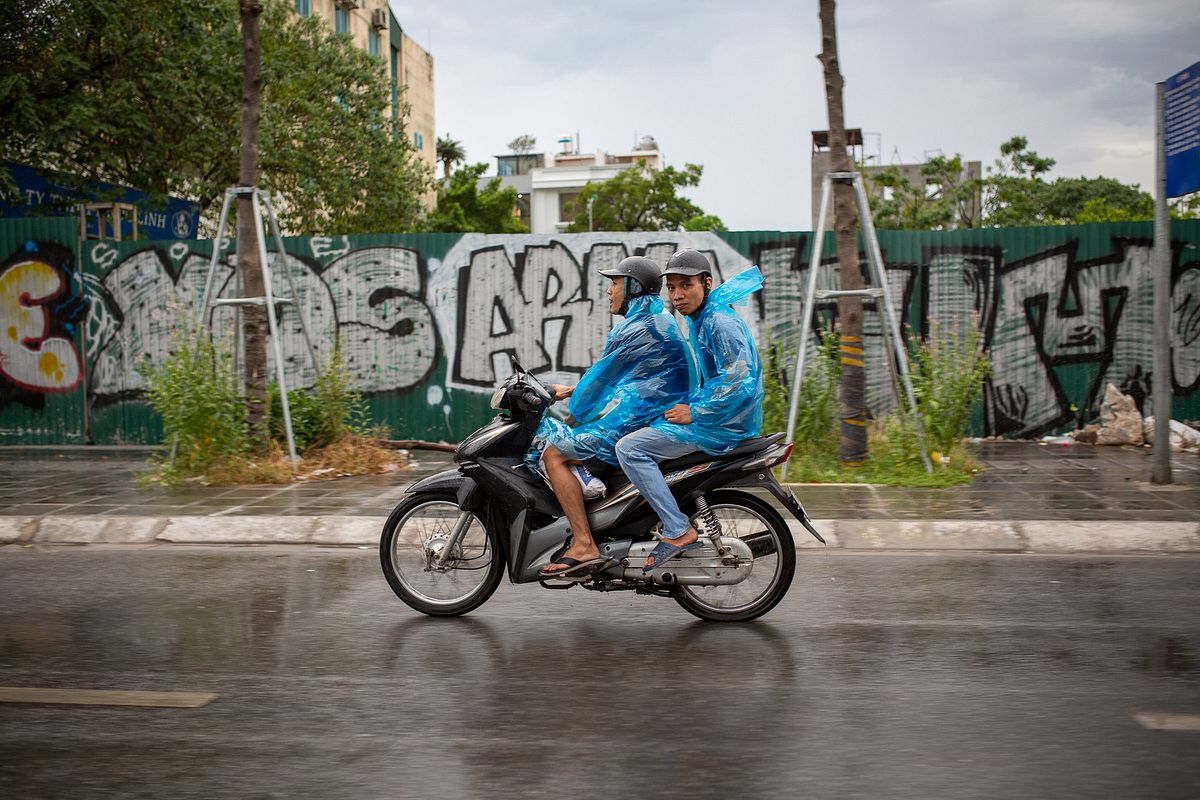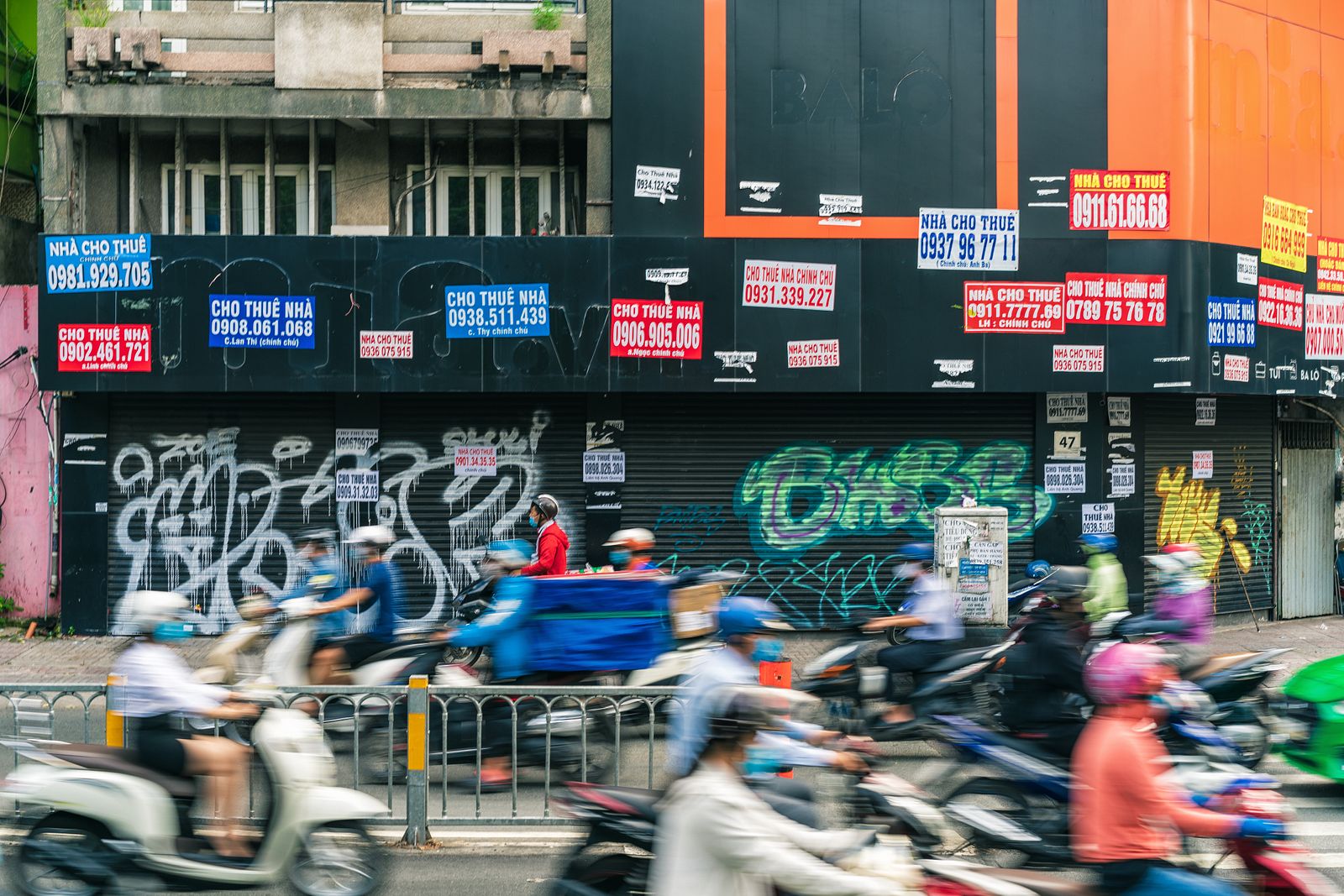Unemployment amongst youths in Vietnam is expected to double as a result of the economic havoc caused by the global COVID-19 pandemic.
A report titled "Tackling the COVID-19 youth employment crisis in Asia and the Pacific" written by the Asian Development Bank and the International Labour Organization estimates that unemployment amongst young Vietnamese could jump from 6.9% last year to 10.8–13.2% this year. The report defines youths as workers from 15 to 24 years old.
The report explains that this demographic is most affected by the economic downturn in part because of their disproportionate representation in four fields particularly hamstrung by travel restrictions, social distancing and changing consumer habits: wholesale and retail trade and repair, manufacturing, rental and business services, and accommodation and food services. They are also more likely to hold informal or unsecured unofficial positions.
The "lockdown generation" is further at a disadvantage because their inexperience means they have less job security and fewer opportunities to transition to other positions. The unique challenges faced by younger workers is exemplified by the fact that unemployment amongst older Vietnamese workers is expected to stay at the pre-pandemic level of 1.4%. It is estimated that 30 million Vietnamese workers have been impacted across the nation in a scenario that is being experienced similarly across Southeast Asia.
In addition to outright unemployment, youth are experiencing reduced working hours and lowered pay rates. Moreover, the pandemic is disrupting training, entrepreneurship and transitions from school to the working world, which could have ramifications for years to come.
The report notes that high unemployment rates can lead to dangerous increases in depression and anxiety. To counteract the situation, it recommends governments take quick action and subsidize wages, provide and promote training and education initiatives, and increase public employment opportunities.
The plight of young Vietnamese workers should come as no surprise amidst the gloomy economic climate. Earlier this spring, it was predicted that the global economy will shrink by 3% in 2020, which would be the worst downturn since the 1930s. Vietnam's once-optimistic expectations for GDP growth have fallen to just 2.7%, though that figure is still much better than many nations.
The Vietnamese government is already actively working to mitigate the economic effects of the pandemic, including US$2.6 billion in financial aid earmarked by the Ministry of Planning to assist 20 million individuals whose work has been impacted. The number of people receiving unemployment benefits in the first half of the year rose 32% compared to the same period in 2019. The labor ministry has also proposed funds to bail out companies and businesses.














